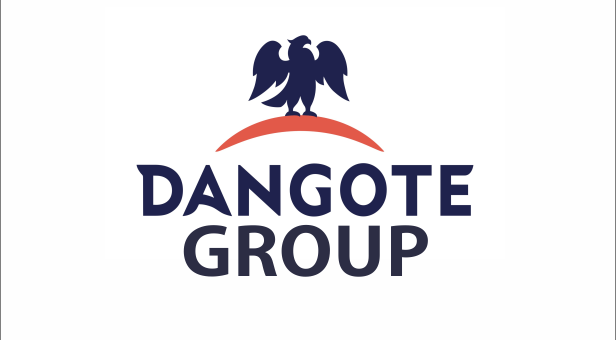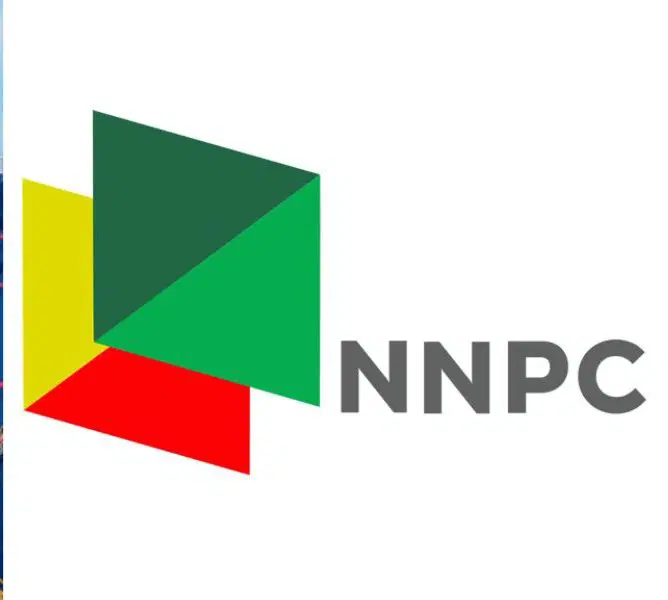
The Federal Government has temporarily opened a section of the Lagos-Calabar Coastal Highway to motorists in Lagos as part of efforts to ease the persistent traffic gridlock around the Lekki corridor. The decision followed a recent truck accident near the Chisco area that caused severe congestion, leaving commuters stranded for hours.
According to the Ministry of Works, the temporary opening is a strategic intervention aimed at providing immediate relief to road users while construction work on the project continues. The section now open to traffic is within Lagos State and will serve as an alternative route to decongest the busy Lekki-Epe expressway. Authorities also confirmed that the temporary access will not attract any toll charges for now, urging motorists to use the route responsibly.
The move has been widely welcomed by residents and commuters, many of whom described it as a much-needed respite from the chronic traffic delays that have plagued the area. For the government, it demonstrates a proactive approach to balancing ongoing construction with public convenience.
The Lagos-Calabar Coastal Highway, which spans about 700 kilometres from Lagos to Calabar in Cross River State, is one of Nigeria’s most ambitious infrastructure projects. It is designed to enhance inter-state connectivity, boost trade and tourism, and stimulate economic development along the nation’s coastal corridor. The first section of the highway, from Ahmadu Bello Way to Eleko Village, was inaugurated earlier but is still under active construction.
The temporary opening not only provides short-term relief to commuters but also reflects tangible progress on a project that has captured national attention. As work continues, stakeholders have been assured of the government’s commitment to maintaining safety and quality standards while ensuring minimal disruption to daily movement.
For now, Lagos motorists can expect a smoother drive through the Lekki axis as the new corridor begins to ease pressure on existing roads. This development serves as a reminder that large-scale infrastructure projects can bring immediate benefits even before full completion, offering a glimpse into the transformative potential of the Lagos-Calabar Coastal Highway once fully operational.



